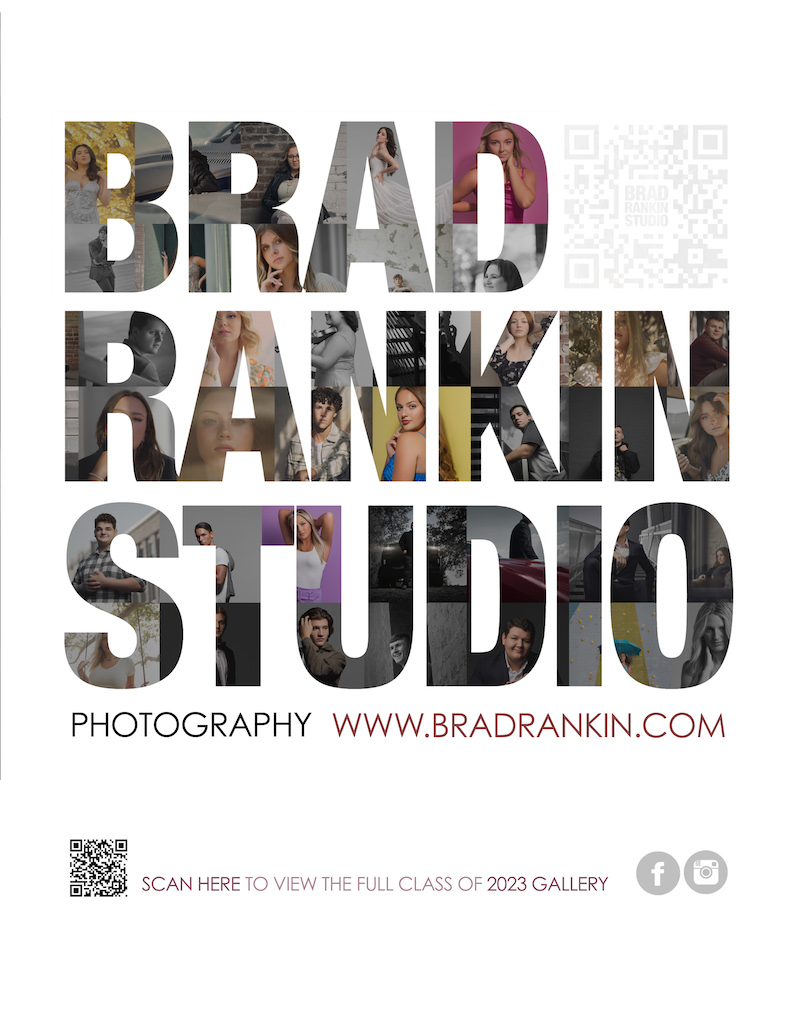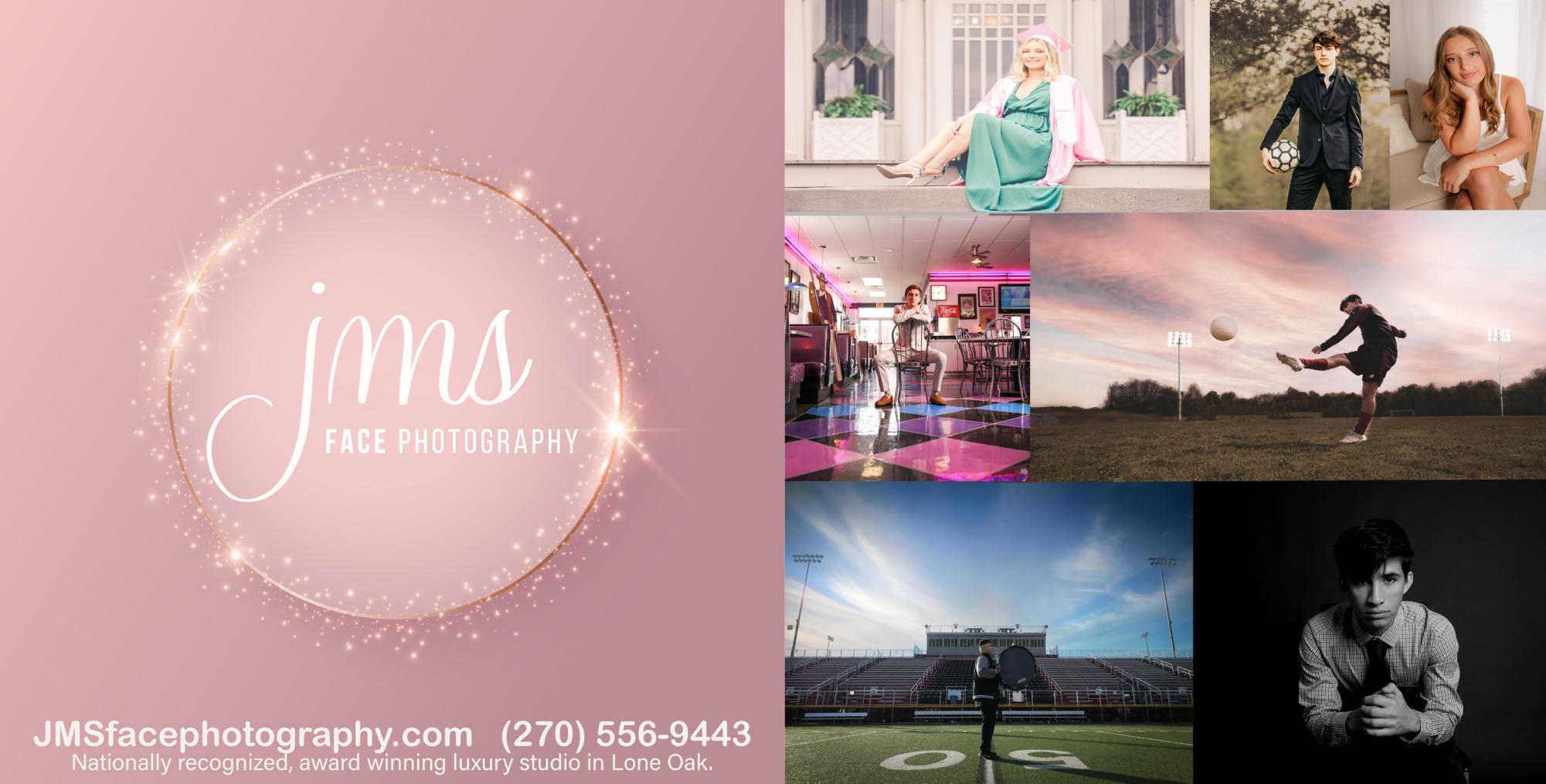Banned Books Week: Why It Matters

October 4, 2016
September 9, 2016
About a month into school every year is Banned Books Week. It’s exactly what it sounds like: it’s a week out of the year that libraries and book clubs across America observe and celebrate that have been, well, banned. It happens more often than you think, and for more ridiculous reasons than you think. The main purpose of this week is to celebrate freedom of speech and press, and speak out against censorship. This year’s Week will be from September 25 to October 1.
To some, Banned Books Week might not seem important. “Why does it matter that people have a problem with them?” you may ask. Well, books are typically banned when a parent brings their concerns to administration, typically the school board, who in turn appoints a committee to read and review the book. They then pass judgment on whether or not the book should be removed from the school library or not. Mrs. Grief, our own librarian, explained this entire process.
“Then, I have to fill out a paper defending the book and submit it to the committee,” she explained. “They’re the ones that ultimately decide whether the book should be pulled.”
She says she’s a firm believer in a student’s right to read what they wish, with permission from their parents. “Your parents have an idea of what they want you to read. They can tell you.” She goes on to explain that she doesn’t put adult books in our library.
Banning books can be understandable in some cases, but for the most part, it’s simply sensitivity to content. I Am Jazz and Two Boys Kissing are two newer books that are being widely challenged due to their LGBT themes. Our library has books with these themes, too, one of which have been challenged and brought to our own Board of Education. Nothing ever came of it, though, and the book remains at our school. Mrs. Grief described its value to MCHS. “We have LGBT students here,” she said, “and everybody needs a book to relate to.”
Controversial books being challenged is not a new issue. According to Slate, Lois Lowry’s The Giver has been challenged in schools over 11,000 times since 1990, due to the sexual themes and unsuitability for the age group it’s intended for. Classics are also challenged frequently. To Kill a Mockingbird and The Catcher in the Rye are two of the most challenged books in history, due to the language and themes.
America is known for our freedom of the press. We’re allowed to write and read what we want. That’s guaranteed by the First Amendment. Just because a handful of people are uncomfortable with the themes of these books, doesn’t mean our right to read can be infringed on. These books are in our library, and are available to all students to read, or not, if they so choose. If one student objects to the content of the book, that’s fine. To each their own. Everyone else, though, should be able to read it without trouble. That is one of our most basic rights.
All in all, we should be proud to live in a country that offers such freedoms, as well as such diverse opinions in the people that live here. We as a country are learning to find a balance between one’s rights, and other’s beliefs. We’re getting better as a whole, and growing. Even though it’s a work in progress, let’s focus on one thing right now: let’s celebrate our freedom to read.











